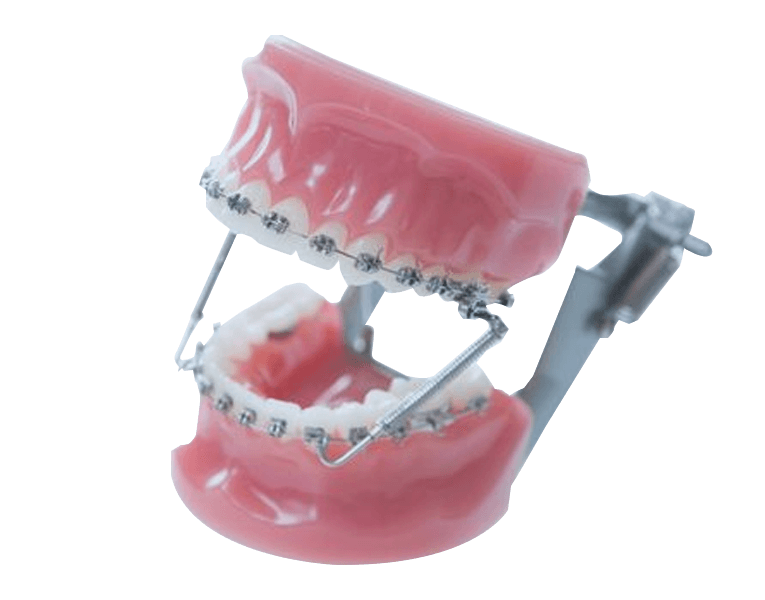When is Jaw Surgery Recommended?
Jaw surgery may be recommended to people who:
- are suffering from Temporomandibular Joint Disorder (TMJ) and not responding to conservative treatments such as medication and physiotherapy
- are having difficulty eating due to jaw-related issues
- have severe sleep apnoea caused by jaw-related issues
- have an “open bite” or a gap between your top and bottom teeth
- have experienced a facial injury that has caused one’s jaws to become misaligned







